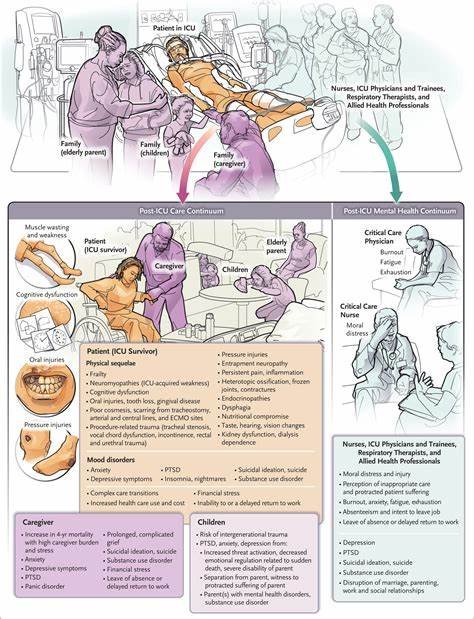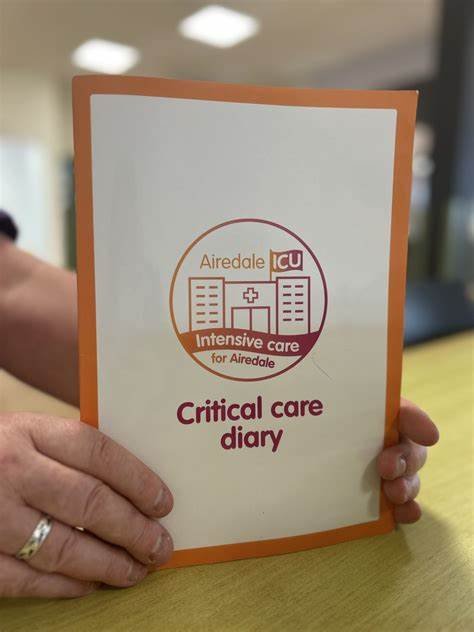When a loved one is admitted to the intensive care unit (ICU), it’s often a challenging and stressful time for both patients and their families. ICU treatments are often lifesaving, but they can leave patients feeling disoriented, anxious, or emotionally disconnected. One effective way to aid recovery and improve the overall ICU experience is by using patient diaries. These diaries offer a unique and personal approach to recovery, benefiting patients both emotionally and physically as they heal.
What Are ICU Patient Diaries?
ICU patient diaries are detailed accounts written by family members, friends, or even medical staff during a patient’s time in the ICU. These diaries document the events that occurred during their stay, such as important medical treatments, family visits, milestones, and any significant moments in their recovery journey. The purpose of these diaries is to help patients reconnect with their experiences, which can often be fragmented or confusing due to sedation or the effects of the intensive care environment.
How Patient Diaries Help Recovery
- Memory Reintegration: Patients often experience memory gaps due to sedation, delirium, or the effects of critical illness. Reading through a personal diary helps them piece together lost memories, offering clarity and a sense of control over what they went through.
- Emotional Healing: ICU patients frequently feel anxious, confused, or disconnected from reality. A patient diary provides an opportunity to relive positive moments, such as family interactions and milestones, which can lift their spirits and promote emotional healing.
- Sense of Connection: In critical care, patients may feel isolated from their loved ones. Diaries bridge this gap by fostering connection through written communication, making patients feel more supported and cared for during their recovery.
- Reduced Post-Traumatic Stress: For many ICU patients, the experience can be traumatic. Reading a diary allows them to process and make sense of the overwhelming emotions they experienced, reducing the likelihood of post-traumatic stress disorder (PTSD).

How to Create an ICU Patient Diary
If you have a loved one in the ICU, here are some tips for starting a patient diary:
- Be Consistent: Write regularly, even if it’s just a short entry. Keeping the diary up to date ensures the patient has a continuous account of their time in the ICU.
- Include Personal Moments: Highlight the small, everyday details that offer comfort, such as favorite songs, jokes, or conversations.
- Share Encouragement: Use the diary to remind the patient of their strength and progress, offering words of encouragement during their recovery.
- Include Photos: If appropriate, photos of family members, friends, or even pets can add a personal touch, reminding the patient of the support surrounding them.
- Be Honest but Gentle: While it’s important to be truthful, keep in mind that some details may be overwhelming for the patient to read initially. A balance of honesty and compassion will be key.
The Impact of Diaries on Long-Term Recovery
The benefits of ICU diaries extend well beyond the time spent in the hospital. Patients often report better long-term emotional recovery, improved self-esteem, and a more positive outlook on their health and future. The process of documenting recovery can even help families cope with the emotional toll of critical illness.
In conclusion, ICU patient diaries are a powerful tool for supporting emotional, mental, and physical recovery. Whether through documenting experiences or simply offering words of encouragement, these diaries can greatly enhance the healing process for patients and their families.











